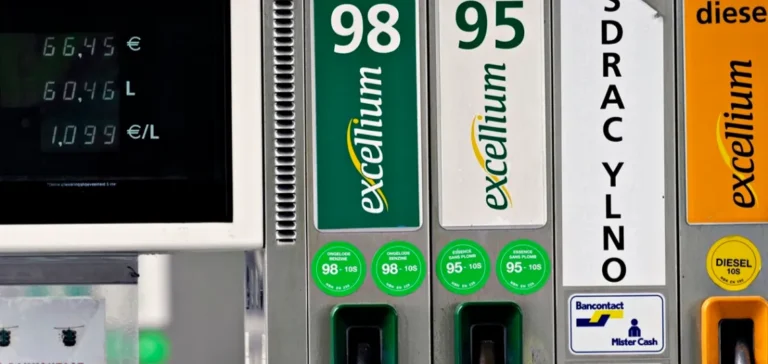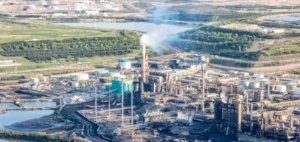French road fuel consumption recorded a 3% increase in September 2025 compared to the same period the previous year. Deliveries reached a volume of 4.005 mn cubic metres, according to data published by the Comité Professionnel du Pétrole (CPDP). This rebound comes amid a general decline in energy petroleum products, with consumption down 1.8% year-on-year.
Recovery in unleaded fuels and stabilisation of diesel
The monthly rise in road fuels is due to a sharp increase in deliveries of unleaded fuels, up 9.3% compared to September 2024. This dynamic follows a slowdown observed in August. Diesel deliveries, which make up the majority of the market, rose by 0.2%. Diesel’s share of total consumption stands at 67.1%, a decline of 1.9 points compared to the previous year.
On a rolling twelve-month basis, from October 2024 to September 2025, road fuel deliveries reached 47.57 mn cubic metres, a slight decline of 0.4%. This trend confirms medium-term consumption stabilisation, despite short-term volatility linked to calendar effects and market conditions.
Jet fuel exceeds pre-pandemic levels
Jet fuel deliveries posted a 7.4% year-on-year increase, reaching 0.784 mn cubic metres. This level is 1.8% higher than in September 2019. The rise continues a five-month trend marked by steady recovery in air traffic.
Deliveries of non-road diesel remained stable at 0.511 mn cubic metres, while domestic heating oil fell sharply by 40.6% to 0.328 mn cubic metres. This significant drop reflects shifts in usage and demand for this type of product.
Overall decline in energy petroleum products
Across all categories, deliveries of energy petroleum products totalled 4.737 mn tonnes in September 2025, a 1.8% decline year-on-year. Over the twelve-month period, consumption reached 55.503 mn tonnes, representing a 0.6% drop.
“September recorded a rise in fuel deliveries partly due to a one-day working difference compared to September 2024. The underlying twelve-month trend shows a decline in road fuel consumption of less than 1%,” said Olivier Gantois, President of Ufip Énergies et Mobilités.






















